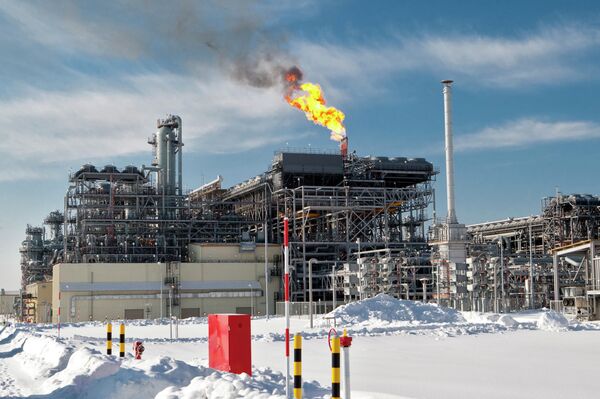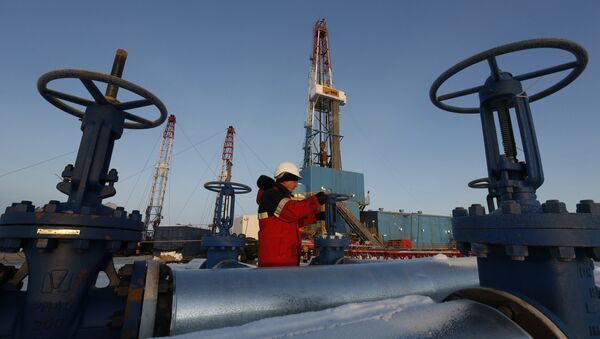"The Kingdom now finds itself neck and neck with Moscow for the lead in Chinese market share, with both jostling in the 13 —14 percent range, yet the momentum resides with the latter," RBC Capital Markets' commodity strategist Michael Tran told Business Insider.
According to RBC Capital Markets' data, in 2010 the Saudi share of Chinese crude imports was about 20 percent, while Russia's was below seven percent.
December was the fourth month, after May, September and November, when Russian oil exports to China exceeded those of Saudi Arabia. In December Russia exported 4.81 million metric tons to China, an annualized increase of 29 percent, which also exceeded the 4.47 million metric tons that Saudi Arabia delivered.
"The adoption of the renminbi in global oil trading will become a trend as the global crude supply increases and China becomes an important buyer with a bigger say," Gao Jian said.
In addition to increasing oil supplies, in December Alexey Miller, president of the Russian gas giant Gazprom, held discussions with Chinese vice-premier Zhang Gaoli about a Joint Action Plan on gas-fired power generation projects. They outlined a plan for 11 potential power stations in the northeastern and eastern regions of the country.
The power plants would be located close to the Power of Siberia pipeline, which will be completed in 2017 and supply 38 billion cubic meters of gas to China each year, or to LNG terminals that receive gas deliveries from Russia's Sakhalin II LNG plant.





